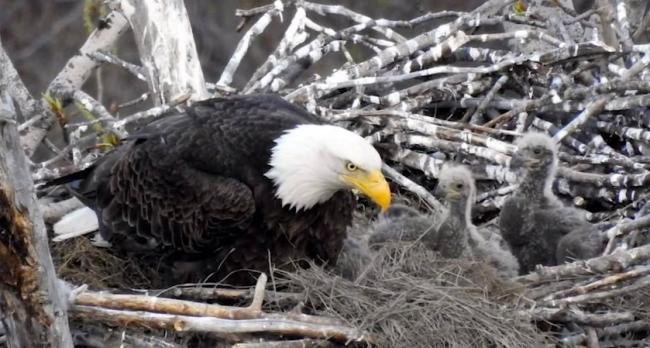BC Hydro's Slippery Maneuvers Against First Nations
BC Hydro also told the court that an injunction shouldn’t be granted because First Nations waited too long to launch a legal challenge to Site C.
In fact, until last year, First Nations were in court trying to use a judicial review process to challenge the legitimacy of the decision-making process in which the federal and provincial refused to consider potential Treaty rights violations. For its part, BC Hydro was before the courts fighting against the use of such a judicial review mechanism.
A judicial review is intended to provide a faster way to address flaws in government decision-making processes. It is the same legal mechanism that overturned the approval of the Northern Gateway pipeline and, just now, the TransMountain pipeline. In both cases, the approvals were overturned because of government failure to properly engage with outstanding Indigenous rights concerns.
But when First Nations challenged the approval process around Site C through a similar judicial review, BC Hydro, the province and the federal government were successful in convincing the court that the Treaty rights issues at stake in this case were too complex for such a review and required a whole new, and much longer legal process.
So, in other words, having refused to deal with Treaty rights before the project was approved, and then having successfully fought off First Nations efforts to address their concerns through a shorter, more expedient legal process, BC Hydro is now arguing that even the current case — the very civil action that BC Hydro said was the only option to address the Constitutionally protected rights of Indigenous peoples — should not interrupt the continued destruction of the Peace River Valley.
This is brutally unjust.
|
